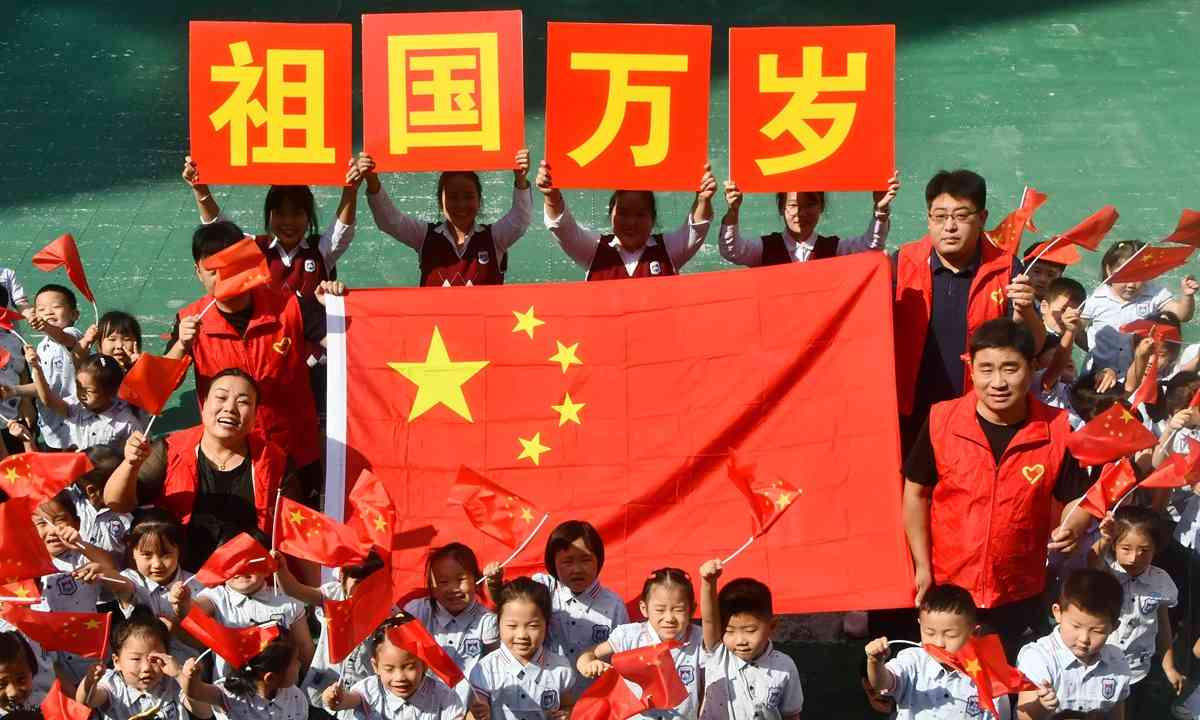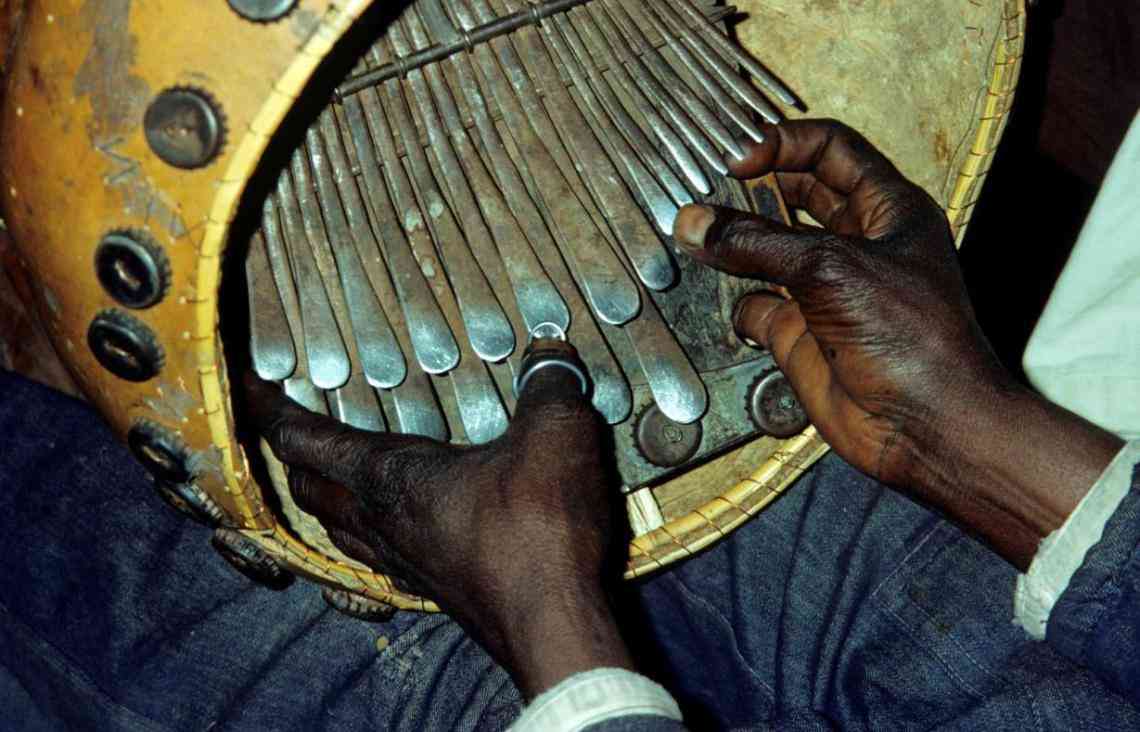
THE first of October 2022 marked 73 years since Mao Zedong stood at Tiananmen Square and proclaimed the founding of the People’s Republic of China. The event came at great cost – the communist victory that Mao and comrades accomplished was riddled with millions of casualties, warlord anarchy, fleeting and failed attempts at synergy with the nationalist or Kuomintang leadership of Chiang Kai-Shek, Japanese occupation and World War II.
“The Chinese people have stood up,” Mao asserted on that October day in 1949. Notwithstanding China’s rich history, the People’s Republic was born under very inauspicious circumstances which make its current affluence more remarkable. 1949 was two years after the declaration of the Truman Doctrine, which heralded the Cold War. China was ideologically on the side of the Soviet Union and hence could not have openly cordial relations with America. China also had to deal with the affront that the Kuomintang, who fled to the island of Taiwan to establish the Republic of China there, took with them diplomatic recognition at the global stage and occupied China’s permanent seat at the United Nations Security Council.
Seventy-three years later, China’s political system remains largely unchanged but its economic profile is staggeringly impressive. China is now a credible claimant to superpower status. Its growth has divided opinion. To those, like the developing and previously colonised regions to whom China provides alternative ways to economic success, China is a good example and template. To Western global players, especially, for whom China is a different political system, with an alien culture, but with a growing number of admirers, the country presents a mortal threat to their dominance. It is noteworthy that, when China was mired in poverty and internecine instability, Western attitudes were markedly different – certainly not as hostile as they are currently.
At its founding in 1949, China was a Third World backwater with a per capita income of about $23. The expression “Sick Man of Asia”, which was hurled at the Qing Dynasty for losing the Sino-Japanese war came to symbolise China’s seemingly congenitally bad governance. Mao’s leadership style, centred around his predilection for violence, communist zealotry and accumulation of untrammelled personal power, isolated China from the rest of the world on ideological terms, while some grave atrocities were carried out on home soil.
The Hundred Flowers Campaign pretended to support the free flow of ideas and scrutiny led by communist and non-communist intellectuals but morphed into a far-reaching persecution of those who heeded the call to criticise the communist leadership. The campaign lasted from 1957 to 1957 but it partly created the basis for the Cultural Revolution which started in 1966.
The Cultural Revolution was Mao’s attempt to create in China a communist heaven, rid of the blasphemous intellectualism that was against communist ideology. The intent was also to break with Chinese history that could not conform to the post-1949 communist invention. All these initiatives did marginal work in ending China’s poverty and the country, proud as it is, was relegated to play second fiddle to the Soviet Union in the latter’s tussle with the United States for global dominance.
This status quo benefited the main Cold War belligerents. However, the United States was aware of China’s instrumental value in undercutting Soviet influence. Getting China in America’s camp of allies offered economic promise by unlocking the world’s largest market for American goods but was also crucial in stripping the Soviet Union of crucial allies. It is noteworthy that, even though China was not a member of United Nations up to 1971, America, as Richard Nixon’s now fabled 1967 piece in Foreign Affairs titled Asia after Viet Nam reveals, realised that China was too important a country and aspiring global power to be left in perpetual and rueful isolation. China’s ideological discord with the Soviet Union under Nikita Khrushchev was an opportune epoch for America to court China.
To the United States, therefore, China was a blessing in the fight against what Ronald Reagan famously described as the evil empire, and the ideology it represented. To the developing world, especially the colonised regions, China was a dependable kindred spirit and its solidarity was handsomely rewarded when in 1971, with massive African support, China gained a permanent United Nations seat at Taiwan’s expense.
- Open letter to President Mnangagwa
- Feature: ‘It’s worse right now than under Mugabe’: Sikhala pays the price of opposition in solitary cell
- The brains behind Matavire’s immortalisation
- Masvingo turns down fire tender deal
Keep Reading
But China was still confined in Mao’s straitjacket and its instrumental importance to America’s quest for global dominance did little to lift Chinese people from their desperate poverty. It seemed that, for as long as Mao remained the helmsman, China’s economic situation would remain unchanged. The chairman’s death in 1976, and the liquidation of his notorious acolytes called the Gang of Four, opened up opportunities for the full rehabilitation of some communist members who had been purged during the Cultural Revolution. Chief among them was Deng Xiaoping, the architect of China’s successful reforms.
Deng was a communist but of a more pragmatic mould. During Mao’s overreaching stay at the summit, Deng could not suggest, let alone press forcefully for, China to open up to the rest of the world economically. When he had the chance, starting from 1978, he led China to one of the most stunning economic successes in history. China’s economic growth was averaging around 9%, about three times that of America. In 1997 it reclaimed Hong Kong, thereby gaining effective control of an educated citizenry endowed with a lucrative port system.
For the first 35 years of its growth (1978 to 2013), China was assiduously building a sturdy economy but was a diffident player on the global stage. It contented itself with reclaiming Hong Kong, containing Taiwan’s sovereignty ambitions, and campaigning for inclusion in the World Trade Organisation.
The plodding and diffidence seemed to change after the 18th National Congress in 2012, which propelled Xi Jinping to the helm of the Communist Party of China. By this time, China was the second biggest economy in the world, having supplanted Japan. The 2007 to 2008 global economic recession had hobbled major Western economies, while China was considerably unscathed. China would repeat this resilience more than a decade later when, amid the Covid-19 assault in 2020, it would be the only major country to register appreciable economic growth.
All this bodes ill for China’s detractors – a formidable pack led by the United States. America is particularly unnerved by China’s economic success and it has dramatically recanted the Nixon-era overtures and realism. “Let China sleep, for when she awakes, she will shape the world,” Napoleon had warned. The United States and its allies, were content with a sleeping China, not the bullish one that Xi presides over.
America has been accustomed to being at the pinnacle of the global pecking order and is understandably loath to cede this comfort to an erstwhile Third World country. America’s missionary and universalist way of thinking creates the premise on which its hostility to China’s rise rests. It believes that American values (politics, culture and economics) should be the global norm and hence, with missionary zeal, wants to convert the rest of the world. China seems to be presenting an alternative dissenting view and it is emboldened by its economic growth and growing footprint the world over. These ideological divergences were the lynchpin of the Cold War.
Fears of a new Cold War have become quotidian features in American political debates and contests. China’s allure to the developing world excites the anxieties of players who for centuries have treated the “Third World” as an object of their global dominance. The West comes with a history of colonial, racial and economic domination, which China does a good job to highlight as it seeks deeper interaction with the historically colonised regions of the world. The United States was stunned, for example when the Solomon Islands rejected an American deal with Pacific Islands, citing the need for “time to reflect”. This comes against the backdrop of China’s diplomatic victories and economic sallies in the Pacific Islands. As one would expect, this will deepen American rancour.
While a rejuvenated China is an ogre to its critics, it might offer some lessons to countries whose circumstances mirror those of China at the time of its founding 73 years ago. The obvious reference here is Africa, of course. As the continent interacts with both the West and East, uppermost should be African interests and putting a higher premium on partners that acknowledge and respect African agency.
Thus far, China seems to be bringing to Africa’s relations an aspect that was missing postcolonialism – a major player with a keen understanding of foreign dominance and relentless instability. China, like any other country, is a fallible player, but it might be a blessing to Africa’s own quest for rejuvenation. The responsibility to use China’s growth to Africa’s advantage squarely resides with Africa – of course.










